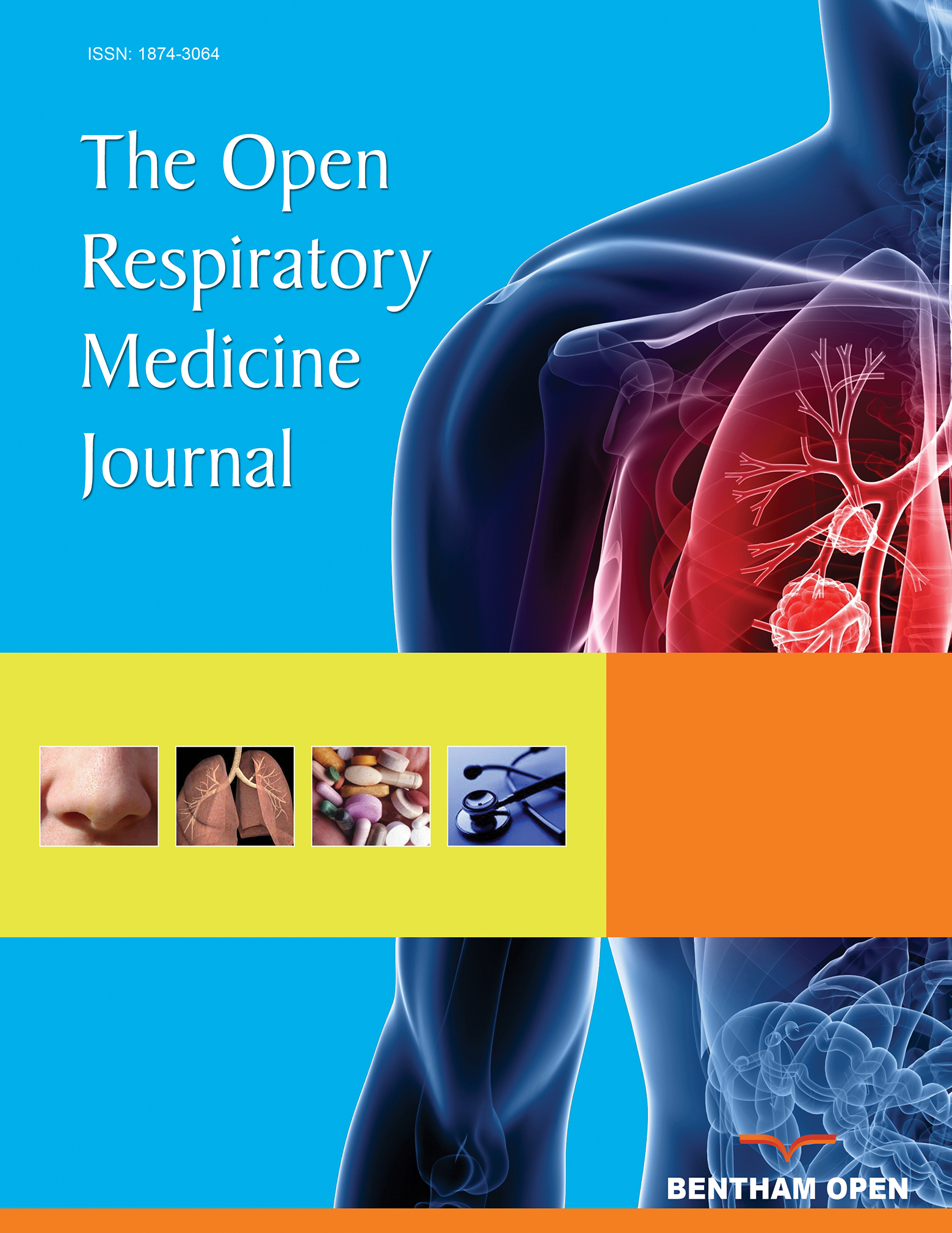All published articles of this journal are available on ScienceDirect.
Safety of Daily Albuterol in Infants with a History of Bronchospasm: A Multi-Center Placebo Controlled Trial§
Abstract
Introduction:
Inhaled short-acting bronchodilators are recommended for the quick relief of bronchospasm symptoms in children including those less than five years of age. However, limited safety data is available in this young population.
Methods:
Safety data were analyzed from a randomized, double-blind, parallel group, placebo-controlled multicenter, study evaluating albuterol HFA 90µg or 180µg versus placebo three times a day for 4 weeks using a valved holding chamber, Aerochamber Plus and facemask in children birth ≤24 months old with a history of bronchospasm.
Results:
The overall incidence of adverse events (AE) during treatment was: albuterol 90µg (59%), albuterol 180µg (76%) and placebo (71%). The most frequently reported AEs were pyrexia in 7 (24%), 2 (7%), and 3 (11%) subjects in the albuterol 180µg, albuterol 90µg, and placebo groups, respectively. Upper respiratory tract infection (URTI) occurred in 5 (17%) and 3 (11%) subjects in the albuterol 180µg and placebo groups, respectively. Sinus tachycardia occurred in 5 (17%), 2 (7%) and 2 (7%) subjects receiving albuterol 180µg, albuterol 90µg and placebo, respectively. One subject in each of the albuterol treatment groups experienced drug related agitation and/or restlessness or mild sinus arrhythmia. No drug-related QT prolongation or abnormal serum potassium and glucose levels were reported in the albuterol treatment groups.
Conclusion:
This study provides additional albuterol HFA safety information for the treatment of children aged birth ≤24 months with a history of bronchospasm.


